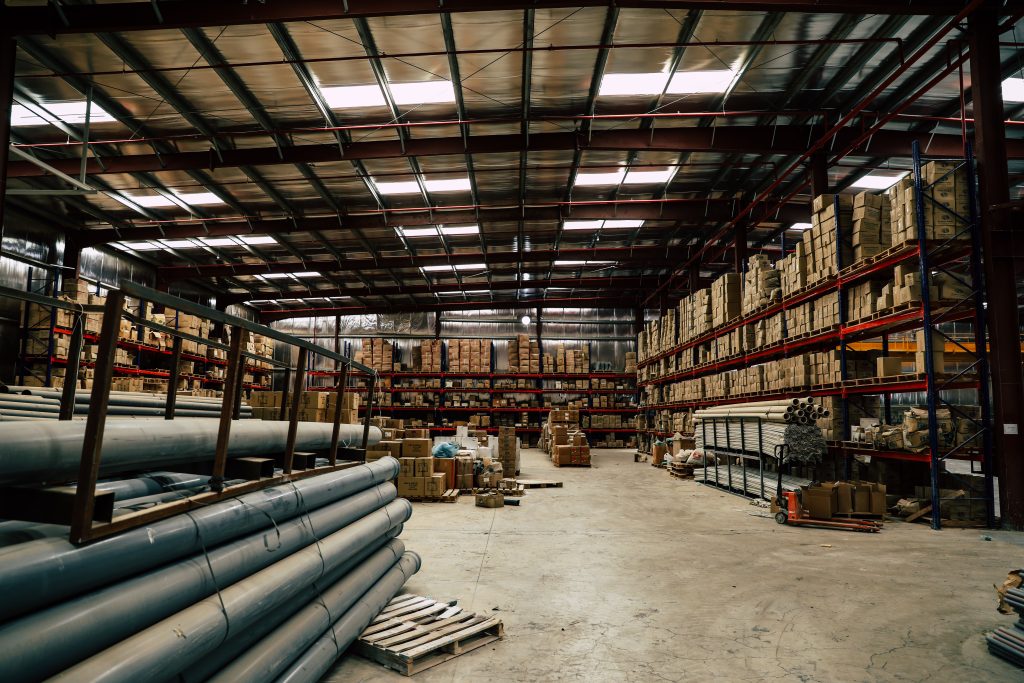Saudi Arabia is in the midst of an ambitious economic transformation, with the burgeoning space industry taking center stage as a key driver for innovation and investment. The global space economy, currently on a trajectory to reach a staggering $1 trillion in value, saw the Saudi space industry contribute a significant $400 million in revenue in 2022. Forecasts suggest this figure will soar to an average of $2.2 billion annually by 2030.
The Saudi Vision 2030 national development plan, aimed at establishing a global investment powerhouse, underscores the importance of leveraging scientific research and human development in cultivating a dynamic knowledge economy. The country recognizes the vast potential of space sciences in advancing various fields, including health, transportation, and information technology, prompting efforts to forge diplomatic and commercial alliances within the space domain.
Among the groundbreaking ventures in this sphere, space tourism is taking flight. Halo Space, an international space tourism firm, has slated its next commercial stratospheric test flight for launch from Saudi soil in June. This marks the company’s sixth trial of its pioneering prototype capsule, designed to ascend 32 kilometers above Earth.
An advanced space industry is pivotal for national security and defense readiness.
The Communications, Space and Technology Commission, Saudi Arabia’s space regulatory authority, has greenlighted this project. If successful, starting in 2026, space enthusiasts can embark on stratospheric journeys from a Saudi launchpad for $164,000. By 2030, the local space tourism industry could generate up to $600 million in revenue.
Two pivotal government entities are spearheading reforms in the Saudi space sector. The Communications, Space and Technology Commission, operational since 2001, regulates the telecommunications and IT sectors, with mandates including the enhancement of the Kingdom’s communications infrastructure through expanded fiber internet coverage and digital connectivity.
The Saudi Space Agency, inaugurated in 2018, concentrates on fostering development and innovation in space, with initiatives ranging from localizing space technology to promoting its civil use and positioning Saudi Arabia as an ascending regional and global space industry leader.
These agencies collaborate to nurture space research and entrepreneurship, ensuring the strategic management of the Kingdom’s space endeavors.
As the largest regional defense spender and ranking sixth globally, Saudi Arabia deems a sophisticated space industry indispensable for national security and defense capabilities. Recent investments in defense technology acquisition and vocational training aim to bolster an autonomous, efficient domestic defense industry.
Satellite communications are at the nexus of the space sector and national defense strategies.
Satellites not only enhance military communications but also support crucial functions like navigation, weather prediction, and environmental monitoring. Emerging satellite technologies, intended for agricultural monitoring, promise to amplify food security by optimizing crop production.
Historically, Saudi Arabia has been engaged in satellite communications since the mid-1980s with the operation of its initial Arabsat satellites. The Kingdom’s stride into domestic satellite production commenced in October 2023 through a $266.6 million collaboration with ASPACE, a Hong Kong-based space firm, to establish a manufacturing facility in Saudi Arabia.
The nation’s space technology portfolio continues to expand through international commercial collaborations. Recent partnerships include an agreement with NorthStar, a Canadian firm, for space situational awareness technologies, and the launch of the Arabsat Badr-8 communications satellite by SpaceX. Additionally, a joint project with Spire Global launched a CubeSat nanosatellite in April 2023, aimed at collecting environmental data.
The space sector also presents opportunities for Saudi women and youth to explore and develop their potential. Notably, Serco initiated the Middle East Space Graduate Program in Saudi Arabia, providing specialized training in space science and technology. Sarah Al-Habbas stands as the program’s first aerospace engineering graduate, while Rayyanah Barnawi made history as the first female Saudi astronaut aboard the International Space Station as part of Axiom Mission 2.
The partnership with space tourism enterprise Halo Space underscores the sector’s vast potential to underpin Saudi Arabia’s socioeconomic transformation. Besides enhancing telecommunications and fortifying national security, the burgeoning space industry is poised to stimulate entrepreneurship, empower women, and create educational and employment prospects.
With its gaze fixed on the cosmos, the Kingdom aspires to solidify its stature as a formidable diplomatic and economic presence on the global stage.
